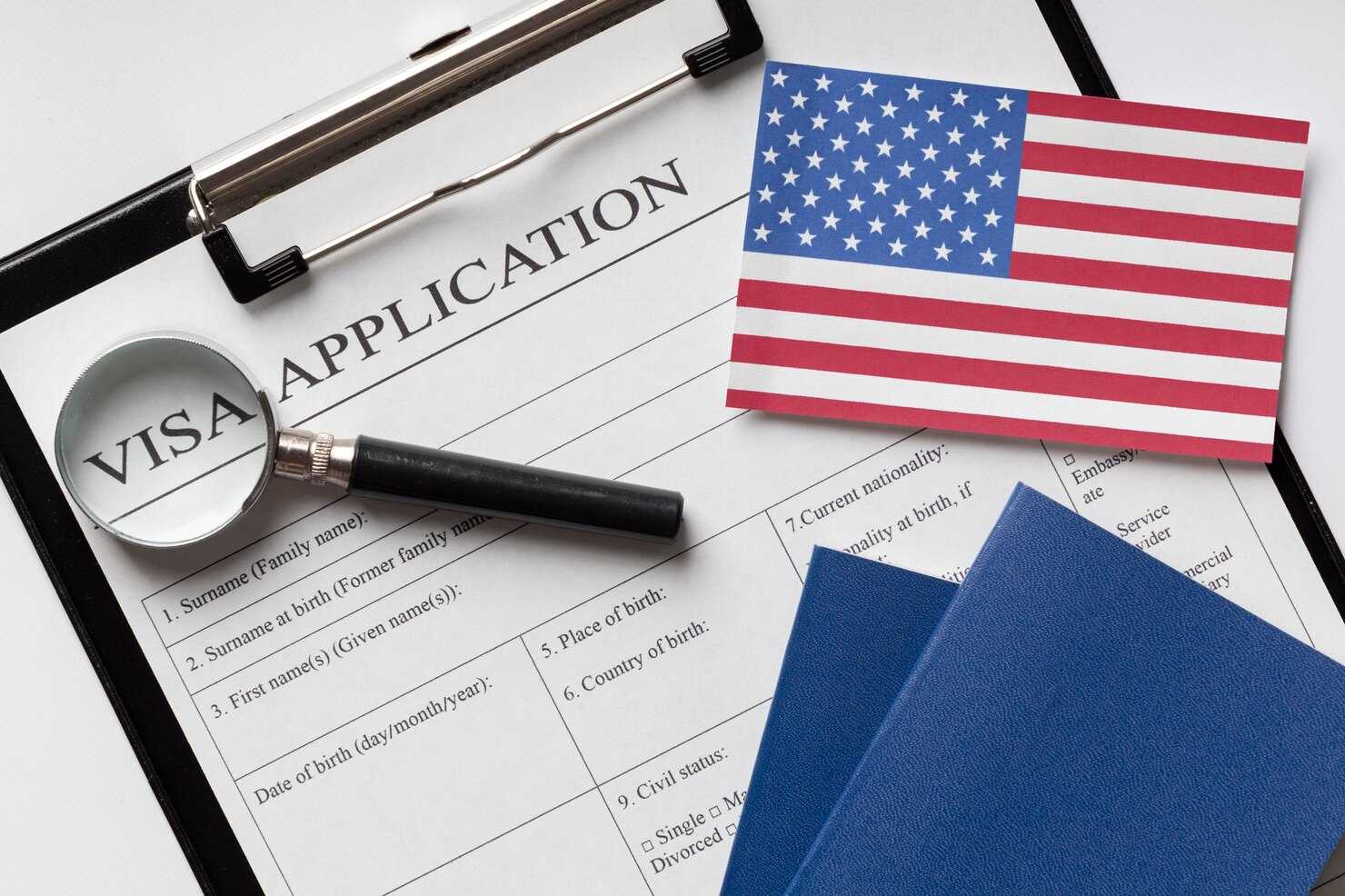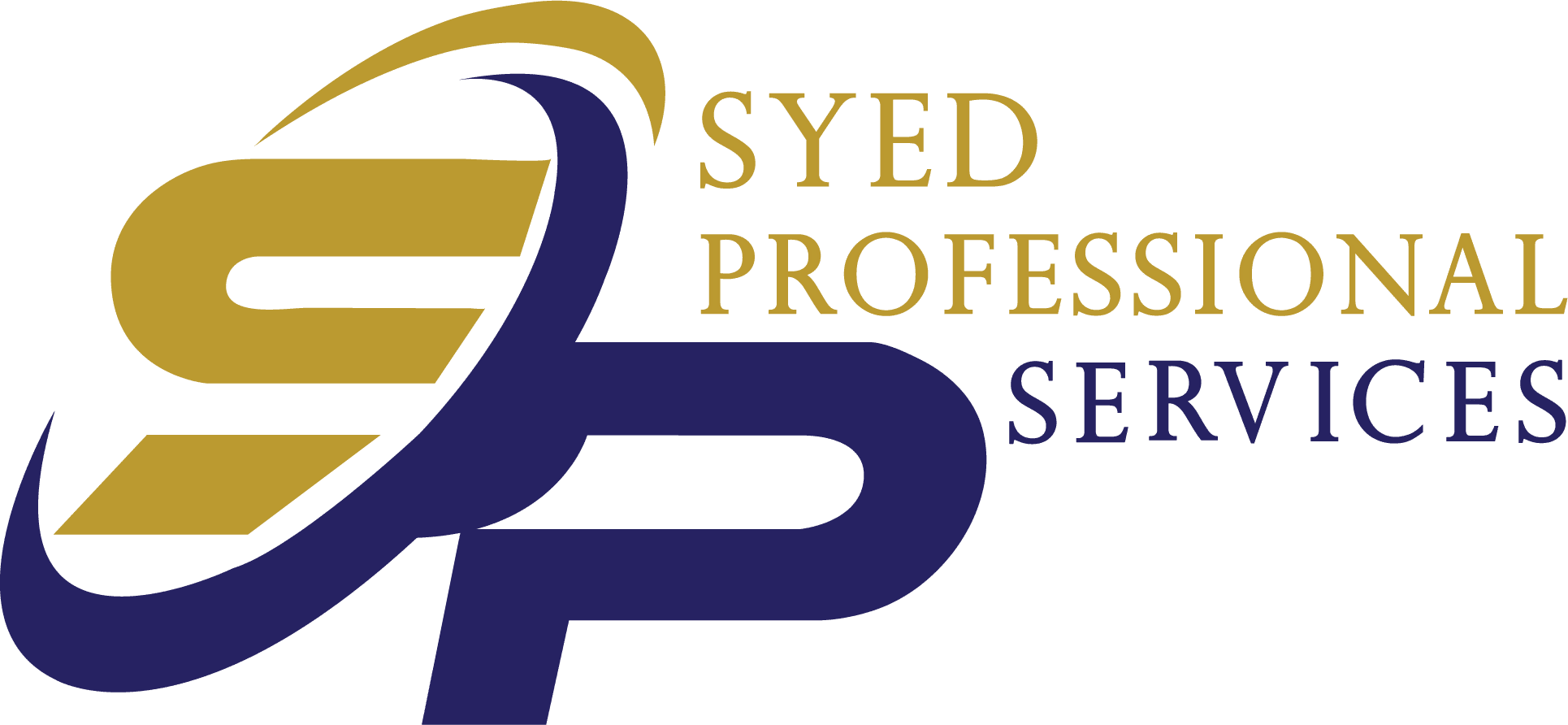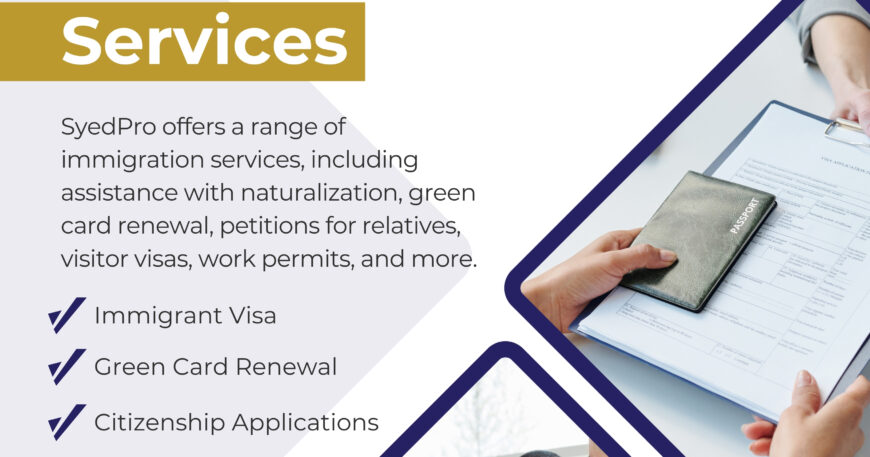25 Dangerous Mistakes on U.S. Visa Petitions & How to Avoid Them for Family, Work & K-1 Visas
Avoid U.S. visa petition mistakes for family, work, and fiancé visas. Learn how to file accurately and increase your approval chances.
Understanding U.S. Visa Petitions
Filing a U.S. visa petition is often the first step toward achieving your American dream—whether it’s reuniting with family, accepting a job offer, or marrying your fiancé. However, countless petitions get delayed, rejected, or denied due to avoidable mistakes. From missing documents to misrepresentations, each error could cost you time, money, and peace of mind.
This article unpacks the most common mistakes people make when filing U.S. visa petitions—especially for family-based, employment-based, and K-1 fiancé visas—and offers practical advice to ensure your petition is strong, accurate, and aligned with immigration regulations.
Common Mistakes on Family-Based U.S. Visa Petitions
Family-based immigration is one of the most popular paths to U.S. permanent residency, but it comes with its own set of pitfalls:
-
Incomplete Form I-130: Petitioners often leave out crucial information about the relationship or fail to sign the form.
-
Lack of Evidence: USCIS expects clear, documented proof of the family relationship—birth certificates, marriage certificates, and photos.
-
Incorrect Fees: Payment errors or using personal checks when money orders are required can delay processing.
-
Filing for the Wrong Category: Confusing immediate relatives with preference categories can affect visa availability and wait times.
How to Avoid These Mistakes:
Double-check all fields on the I-130, include translations for foreign documents, and review USCIS fee instructions carefully. Use a filing checklist.
Errors to Avoid on Employment-Based Visa Applications
Employment-based visas like H-1B, L-1, or EB-2 require a high level of precision and collaboration between the employer and the applicant.
-
Labor Certification Issues (PERM): Many applicants overlook the importance of a valid job offer supported by a certified PERM application.
-
Incorrect Job Descriptions: Misaligned duties or vague roles lead to suspicion or denial.
-
Inadequate Employer Financials: The sponsoring employer must show the ability to pay the offered wage.
Solution:
Work closely with immigration professionals who understand the complexities of employment petitions and always verify job-related documents.
Frequent Mistakes on Fiancé (K-1) Visa Applications
K-1 visas involve both emotional and legal complexities. Mistakes here often result in painful delays.
-
Weak Relationship Evidence: Photos, travel itineraries, and chat logs must prove a bona fide relationship.
-
Failure to Meet the “Met-in-Person” Requirement: USCIS requires the couple to have met at least once in the last two years.
-
Inaccurate Timeline Statements: Applicants often contradict themselves in forms vs. interview answers.
Tip: Maintain a timeline of your relationship milestones and gather consistent documentation over time.
Top Universal Errors in U.S. Visa Petitions
Regardless of visa type, some mistakes are common across all petition categories:
-
Missing Signatures
-
Wrong Addresses or Contact Info
-
Failure to Translate Non-English Documents
-
Using Expired USCIS Forms
-
Inconsistencies Between Forms and Supporting Docs
-
Lack of Notarization When Required
Always download the latest forms from USCIS.gov and proofread every section before submission.
How Missing or Incorrect Documents Cause Visa Rejections
Supporting documents validate your eligibility. Common issues include:
-
Untranslated Foreign Language Documents
-
Expired Passports
-
Incorrect Affidavit of Support (Form I-864)
-
Unverified Income Proof
Pro Tip: Use a document checklist for your visa category and get documents certified/notarized when necessary.

Is Hiring an Immigration Attorney Necessary?
While not required, professional legal help drastically reduces the risk of mistakes, especially in complex cases like waivers, inadmissibility, or visa denials.
The Importance of Accuracy on USCIS Forms
Even minor discrepancies like wrong dates or spelling errors can trigger delays, RFEs (Requests for Evidence), or denials.
-
Double-check birth dates, employment history, and addresses.
-
Cross-reference details across forms like I-130, I-485, and I-765.
Mistakes in Form I-864 and How to Correct Them
The Affidavit of Support is one of the most error-prone documents.
-
Not meeting income thresholds
-
Using outdated tax returns
-
Not submitting joint sponsor documents when required
Fix: Use current tax documents and consult the USCIS Poverty Guidelines before filing.
Failing to Demonstrate Intent Can Lead to Denial
Applicants must show clear intent to comply with visa rules—whether it’s intent to marry within 90 days (K-1) or return home after temporary stay (B-1/B-2).
How Misrepresentation Can Ruin Your Immigration Future
Giving false information or withholding facts can result in a lifetime ban. Always be truthful, even if it feels risky.
Handling Inconsistencies in Your Application Data
Discrepancies between your DS-160, I-130, I-485, or employment letters raise red flags. Keep a personal record and review all your documents side by side before submission.
The Risks of Using Outdated USCIS Forms
USCIS frequently updates form versions. Submitting an expired version—even if only slightly outdated—can cause rejection.
Proper Translation of Foreign Documents for USCIS
All non-English documents must be accompanied by certified English translations. The translator must attest to their fluency and the document’s accuracy.
Missing Filing Deadlines and Validity Periods
Every visa petition has a validity window. Missing your priority date, interview date, or response deadline to RFE can lead to serious setbacks.
Ignoring USCIS Notices and RFEs Can Kill Your Case
Always monitor your USCIS case status online and respond to any RFE within the deadline, providing thorough and complete answers.
Proving Financial Capability in Visa Petitions
Form I-864 and pay stubs must show that the petitioner or sponsor can support the immigrant without relying on government aid.
Insufficient Evidence in Marriage or Fiancé Petitions
-
No shared finances
-
No photos with family
-
Sparse communication history
Real couples often forget to document their journey. Save everything—texts, photos, receipts, tickets.
Problems with Employer Sponsorship and Job Offers
-
No valid job offer letter
-
The job description does not match the applicant’s resume
-
No proof that the employer can pay the wage
Visa Interview Mistakes and How to Prepare
-
Contradictory answers
-
Overconfidence or vague responses
-
Not bringing originals
Prepare by reviewing your entire petition, rehearsing questions, and arriving early with organized documents.
How to Handle a Denied Visa Petition Gracefully
If your visa is denied:
-
Request a reason for denial in writing.
-
Consult with an immigration attorney.
-
Consider reapplying or appealing based on new evidence.
When and How to Appeal or Refile Your Petition
USCIS allows appeals or Motions to Reopen/Reconsider in many cases. Timeframes vary by case type—act quickly and get legal help.
Best Practices for Smooth Visa Petition Approval
-
Use a certified immigration expert
-
Keep copies of all forms and supporting evidence
-
Stay updated on immigration changes
-
Be honest and consistent
-
Respond to all USCIS communications on time
Case Studies: Lessons from Real Visa Petition Denials
-
Case 1: Denied due to a fake employer letter
-
Case 2: K-1 Visa refused because the couple didn’t meet in person
-
Case 3: I-130 returned due to outdated form version
These highlight how even small errors can derail months of effort.
Advice from Immigration Experts at SyedPro
At SyedPro, we’ve helped thousands of clients navigate U.S. immigration and taxation hurdles with precision and trust. Whether you’re filing a K-1 visa or sponsoring a family member, we offer hands-on guidance to avoid costly mistakes.
How Changing Immigration Laws Impact Visa Petitions
Immigration policies change frequently—like public charge rules, DACA, or H-1B caps. Always check for the latest updates at USCIS or consult with SyedPro.




